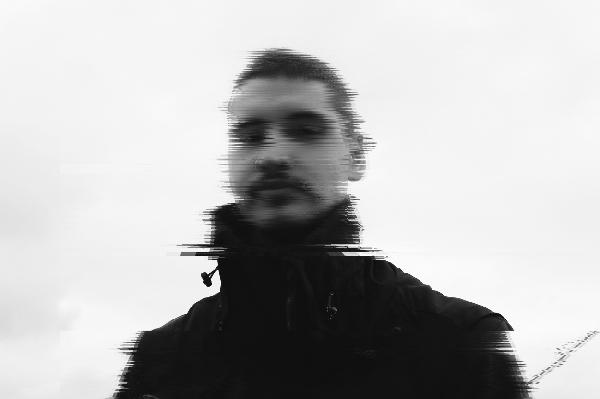
CONCERT: N/OBE
Zagreb electronic music performer N/OBE finds inspiration in the monumental heritage of Yugoslav socialism, i.e., monuments commemorating the events and victims of the Second World War. In his performances, he tries to turn the visual into the sound, reflecting on the complex path of their perception from affirmation and ideological suitability to negation and marginalization.
On the album Spomenici (In the making), N/OBE selects six monuments from different parts of Yugoslavia as the basis for six separate songs and in this way indicates the conceptual narrative on which he builds his artistic expression. Although the album is the result of deeper research and contextualization, N/OBE intuitively recognizes the avant-garde character of those monuments, i.e., their abstract sublimity. The fact that they do not indicate their commemorative character with formal-aesthetic features of sacrifice or war suffering appeared to him as a comparison with the musical style to which he aspired. Some of the elements of that style are deconstruction, inversion, twist – united to offer the value of a new culture in terms of form. In most cases, the monumental production of Yugoslav socialism did not aspire to the romantic social-realism and pathetic naturalism of that time, but rather to euphoria of optimism.
In addition to his research interest, N/OBE has a very energetic and strong musical character. Although conceptualized and tied to a certain tradition, his artistic vision deals with what could be called a modified practice of the digital avant-garde. Perhaps that is why he was declared “the most exciting artist of the Yugo-sphere” (Onassis.org). The audience notices that N/OBE does not strive to be flattering and likeable, but boldly tests new forms of electronic music.
N/OBE is Nikola Krgović. In addition to club gigs he is also a producer, composer, cultural manager and co-founder of the Zagreb collective Volta. He composes music for the theater and frequently hosts radio shows.
His performance at KRAK is part of the discursive program Curating the Periphery, which focuses on art interventions in the public space of a neglected and marginal environment such as Bihać.